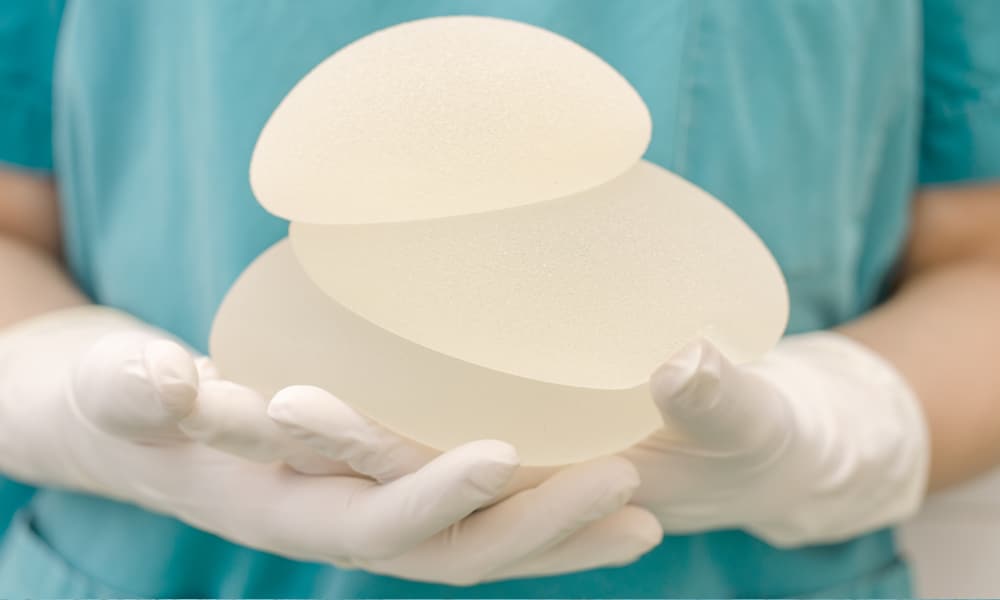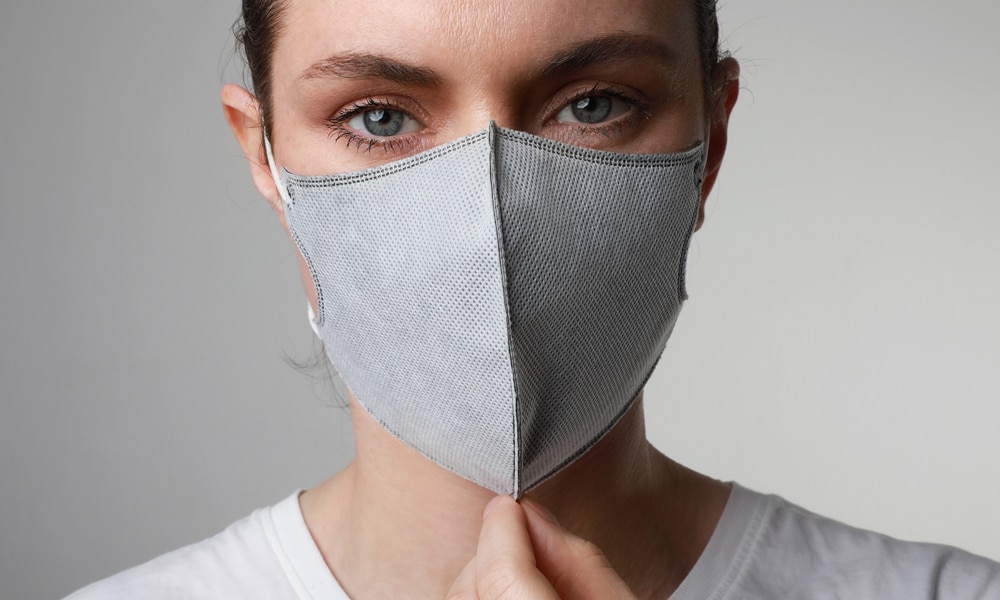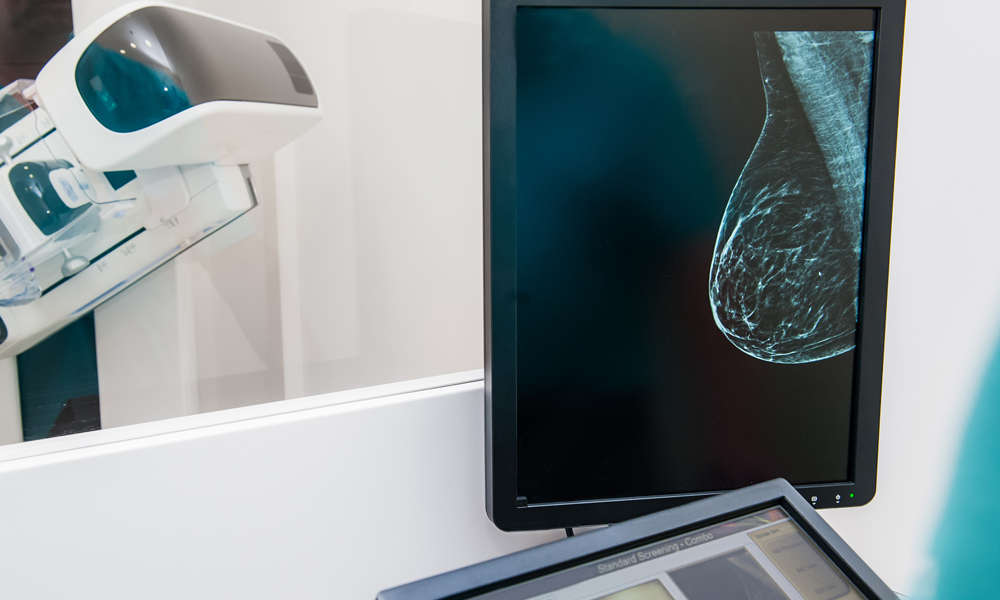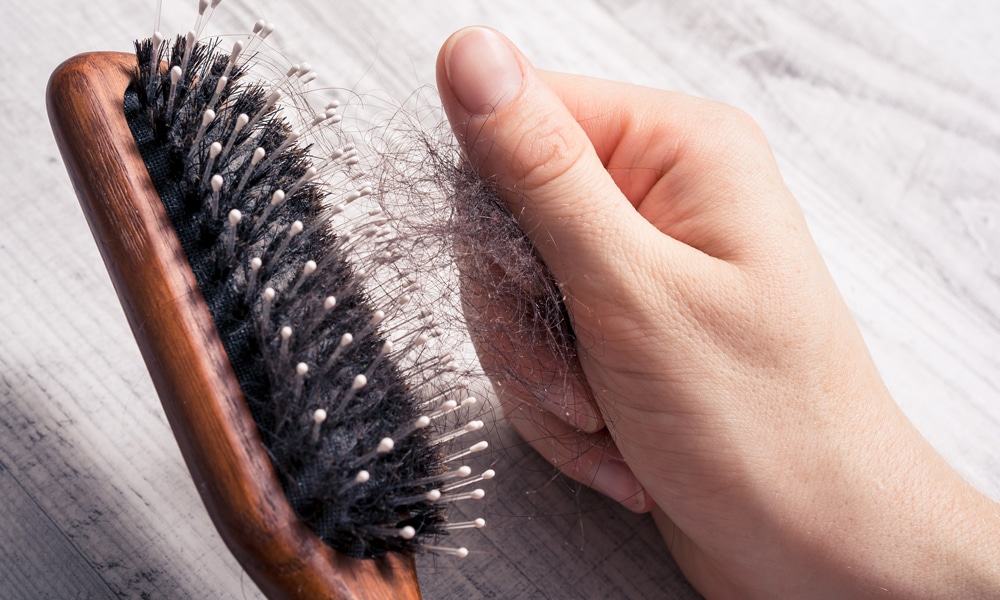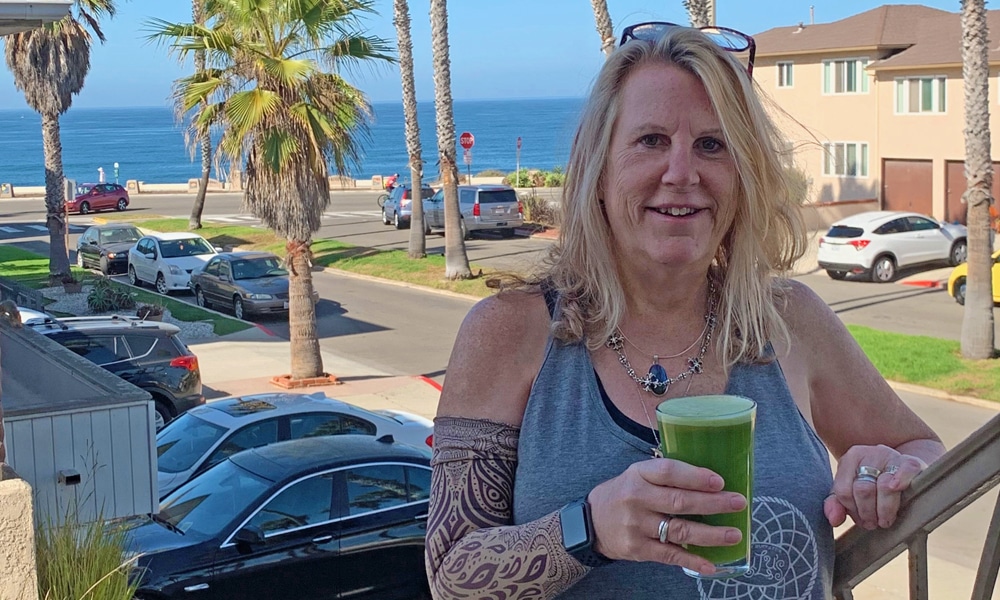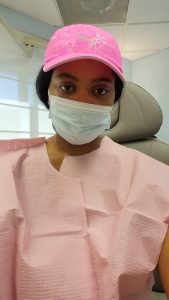Let’s take a deep dive into what breast implants – whether placed for cancer or cosmetic reasons – might be doing to the insides of you. Specifically, we want to know about the textured implant recall and breast implant illness. I discussed both topics on The Doctors and Good Morning America recently, so if you missed the shows, here are the facts and a few videos to get you the full download.
Which Implants are being recalled?
First of all, only the Allergan Biocell textured implants and tissue expanders are being recalled, not Mentor or Sientra. So if you have breast implants, check the device card you were given, or call the surgeon who put them in to see what type you actually have. Secondly, the reason for the recall is that these implants have been found to have a very slim but real possibility of causing anaplastic large cell lymphoma (ALCL), which is a type of cancer of the immune system’s T-cells found in your blood. This is cancer, but not breast cancer.
How do Textured Implants cause ALCL?
If you Googled ALCL, this isn’t the aggressive and severe type that mostly occurs in young boys. This is different, it’s literally called “Breast Implant Associated ALCL” (BIA-ALCL) because it has a completely different cause and treatment course. Scar tissue always forms around breast implants, it’s called a “capsule.” The leading theory is that the macro-texturing of the Biocell implants forms little interstices that can harbor bacteria; additionally, the textured surface can create a chronic inflammation that leads to abnormal cells and fluid forming between the implant and the surrounding capsule. And that’s your big clue. One breast suddenly gets super swollen: we simply aspirate the fluid in the office and analyze the cells; if the pathologist diagnoses BIA-ALCL, then we take out the implant and the capsule – and in 85 percent of cases, that’s it, you’re cured. No chemo, no radiation, no death.
What about the 15% whose BIA-ALCL was more serious?
In all of the advanced cases reported so far, women or their doctors ignored some fairly obvious presenting symptoms. So this brings up two important points of cautionary advice: (1) if you have textured implants, once a month, I want you to focus your breasts by staring at them in the mirror, and notice if there is any new size discrepancy, skin redness, pain, change in shape or lump, and (2) if you notice a change, see either a board-certified plastic surgeon or breast surgeon, both of whom should be familiar enough with the possibility of BIA-ALCL so as not to miss the diagnosis. As of July 24, 2019, the FDA confirmed 573 cases of BIA-ALCL worldwide and 33 deaths from the cancer. But remember, even if you do get ALCL, as long as it’s caught shortly after the first signs appear, it’s completely cured just by just removing the implant and the capsule that your body forms around it.
Over 11 hours of video content are now available to stream from any device. If you cannot attend our annual Summit at Terranea Resort, sign up for the Virtual Summit instead and get the same information from the in-person Summit in the convenience of your own home.
Should all Women with Textured Implants get them removed?
No. It’s not a mandate like a recall of a car that will malfunction for sure if you drive it. Currently, both the FDA and the American Society of Plastic Surgeons advise against removing textured breast implants in the absence of symptoms. Keep in mind that over 99.9% of women with Allergan implants will never get ALCL. The risk may be as high as 1:2000, whereas Mentor’s is said to be about 1:86,000, and Sientra’s about 1:160,000. Considering that 1:8 women will get breast cancer, these numbers are extremely low.
Having said that, if you’re feeling anxious despite the facts we’ve discussed about low probability and high cure rates, especially when you’re vigilant, then sure – it’s your prerogative to have them out! Perhaps you’re unhappy with the size or shape of your implants, or they cause discomfort, or you suspect that you have breast implant illness (which we will discuss in a minute, see below). In such situations, when women wanted to change or remove their implants anyways, the recall could push them to do so sooner rather than later. Allergan so far has offered every women with Biocell implants a free set of smooth implants until July 24, 2021 (these have not been associated with BIA-ALCL), but that does not include the costs of the operating room, anesthesia, and surgeon. You will have to check with your insurance carrier to see if they will cover the additional expenses.
Stay Connected
Stay Connected
Is there an Increase in Women wanting to get their Implants removed?
Yes I have seen an increase. The recall has brought the breast implant conversation into many of my exam rooms. Most patients are understandably anxious, but when I go over the facts and stats, some become less concerned, others want them out no matter what. When they have another issue like a drooping breast or pain, they often think, “I may as well get rid of this implant that’s at risk, and fix other concerns I have at the same time.”
What is a Breast Implant Illness?
Breast implant illness (BII) is not an official medical diagnosis – yet. Studies are ongoing and inconclusive, but it refers to symptoms such as fatigue, memory loss, “brain fog,” rashes, and joint pain that some women report occurring after getting breast implants – and therefore, removing the implants might reverse these symptoms.
What are some other Symptoms of Breast Implant Illness?
In addition to fatigue and decreased mental acuity, I’ve seen women who complain about sleep disturbance, thyroid issues, depression, irregular heartbeats, anxiety. Also, certain autoimmune diseases are reported such as Sjogren’s and rheumatoid arthritis.
When should Women seek Medical Attention?
Since most of these symptoms are very common in the general population with or without implants, it can be tricky to know when to worry. I would recommend to seek medical attention whenever these symptoms seem new or more severe, and they last over a month and cannot be attributed to any major life event such as a job loss or divorce, etc. If the symptoms are suggestive of a particular medical diagnosis, you might need an endocrine or rheumatology workup to rule out known disease, but if nothing surfaces from the testing, you might want to get those implants out.
No doctor should say that breast implant illness is all in a woman’s head. I’ve seen too many patients feel dramatically better after explant – and quite frankly, who cares if the improvements are placebo effect – these women feel better and say that they got their lives back after the implant removal. So I hope women reading this remember that it’s their right to make decisions about their health no matter what others might have to say about it. You are in control of you.
Can you help with Implant Removal?
Yes, implant removal is a fairly common procedure and can be performed on fairly short notice. You can contact our breast center for an appointment to discuss your particular situation in further detail.
Have you had complications with your Implants?
How did you first find out about your complications and what did you end up doing about your situation? Tell us your story by leaving a comment for our readers below.

